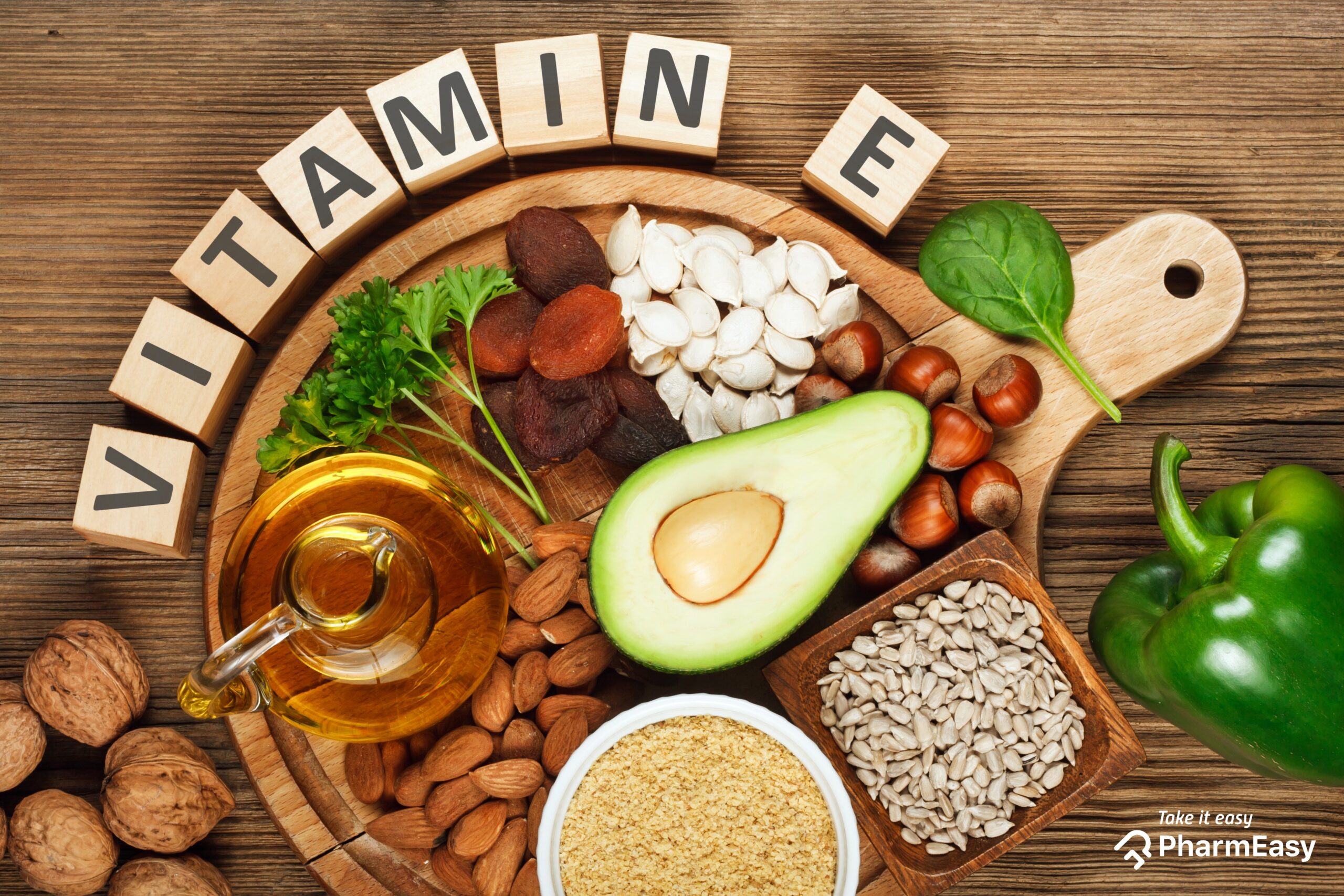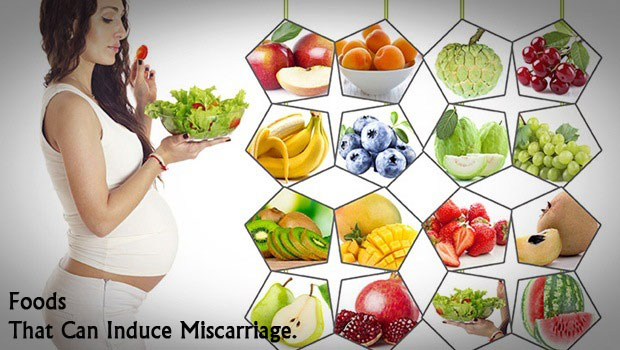Vitamin E is an essential nutrient that plays a crucial role in maintaining overall health and well-being.
Proper nutrition is key to a healthy lifestyle, and vitamin E is one of the essential nutrients that our bodies need. It is a fat-soluble vitamin with powerful antioxidant properties, which means it helps protect our cells from damage caused by harmful free radicals. Additionally, vitamin E contributes to various bodily functions and offers several health benefits.
Understanding Vitamin E
What is Vitamin E?
Vitamin E refers to a group of compounds, including tocopherols and tocotrienols, that are naturally present in certain foods. These compounds function as antioxidants and help maintain the integrity of cell membranes. The most active and commonly found form of vitamin E in the human body is alpha-tocopherol.
Importance of Vitamin E for Health
Vitamin E is essential for the proper functioning of our bodies. It supports various processes, such as immune function, cell signaling, and gene expression. Additionally, it helps protect against oxidative stress and inflammation, both of which are linked to numerous chronic diseases.
Health Benefits of Vitamin E
Antioxidant Properties
As an antioxidant, vitamin E plays a vital role in neutralizing free radicals and reducing oxidative damage. This property helps protect our cells, tissues, and organs from the harmful effects of oxidative stress.
Promotes Skin Health
Vitamin E is widely known for its benefits for the skin. It helps moisturize and nourish the skin, promoting a healthy and youthful appearance. It also aids in the healing process of wounds and may assist in reducing the risk of skin conditions such as dermatitis and psoriasis.
Supports Immune System
A strong immune system is essential for fighting off infections and diseases. Vitamin E enhances the immune response by stimulating the production of immune cells and enhancing their activity, thus helping to protect against pathogens.
Maintains Eye Health
Vitamin E plays a crucial role in maintaining eye health and preventing age-related eye disorders. It helps protect the cells in the eyes from damage caused by free radicals and reduces the risk of conditions such as cataracts and age-related macular degeneration (AMD).
Enhances Brain Function
Several studies have suggested a link between vitamin E and cognitive health. Vitamin E’s antioxidant properties help reduce oxidative stress in the brain, which can contribute to age-related cognitive decline. It may also help improve memory and overall brain function.
Protects against Heart Disease
Vitamin E may have a protective effect against heart disease. It helps prevent the oxidation of LDL cholesterol, which is a crucial step in the development of atherosclerosis. By reducing oxidative stress and inflammation, vitamin E may lower the risk of cardiovascular conditions.
Nutritional Sources of Vitamin E
Nuts and Seeds
Nuts and seeds are excellent sources of vitamin E. Almonds, sunflower seeds, hazelnuts, and peanuts are particularly rich in this vitamin. Including a variety of nuts and seeds in your diet can help ensure an adequate intake of vitamin E.
Leafy Greens
Leafy green vegetables, such as spinach, kale, and Swiss chard, are not only rich in various nutrients but also contain vitamin E. Adding these vegetables to your meals can provide you with a natural source of this essential vitamin.
Vegetable Oils
Certain vegetable oils, including sunflower oil, wheat germ oil, and safflower oil, are good sources of vitamin E. These oils can be used for cooking or added to salads and other dishes to increase your vitamin E intake.
Fortified Foods
Some food products, such as cereals and spreads, are fortified with vitamin E. Check the labels to identify fortified options and include them in your diet for an additional vitamin E boost.
Recommended Daily Intake
The recommended daily intake of vitamin E varies depending on age and gender. For adults, the recommended dietary allowance (RDA) is 15 milligrams (22.4 international units) per day. It’s important to note that individual needs may vary, so it’s always advisable to consult with a healthcare professional for personalized recommendations.
Vitamin E Supplements
When to Consider Supplements
In most cases, a well-balanced diet can provide sufficient vitamin E. However, certain individuals may require supplementation. People with malabsorption issues, certain medical conditions, or those following restrictive diets may consider vitamin E supplements after consulting with a healthcare professional.
Choosing the Right Supplement
When choosing a vitamin E supplement, it’s essential to opt for high-quality brands that offer natural or mixed tocopherols. Look for supplements that are third-party tested for purity and potency to ensure their effectiveness.
Potential Side Effects
While vitamin E supplements are generally safe for most people, high doses may have potential side effects, such as digestive issues, headache, and bleeding. It’s crucial to follow the recommended dosage and consult with a healthcare professional if you have any concerns.
FAQs
Q: Can vitamin E prevent aging?
A: Vitamin E’s antioxidant properties can help protect the cells from oxidative damage, which is associated with aging. While it may not prevent aging entirely, it may contribute to maintaining healthy skin and overall well-being.
Q: Is it possible to consume too much vitamin E?
A: Yes, consuming excessive amounts of vitamin E through supplements can have adverse effects. It’s important to follow the recommended dosage and consult with a healthcare professional if you have any concerns.
Q: Does vitamin E help with hair growth?
A: While vitamin E is important for overall hair health, there is limited scientific evidence to support its direct role in promoting hair growth. A balanced diet and proper hair care routine are crucial for maintaining healthy hair.
Q: Can vitamin E boost fertility?
A: Vitamin E may have a positive impact on fertility in both men and women. It helps protect reproductive cells from oxidative damage. However, it’s important to consult with a healthcare professional for personalized guidance.
Q: Is vitamin E safe during pregnancy?
Vitamin E is generally considered safe during pregnancy when consumed through a balanced diet. However, it’s always recommended to consult with a healthcare professional for specific dietary advice during pregnancy.
Conclusion
Vitamin E is an essential nutrient that offers a wide range of health benefits. From its antioxidant properties to its role in supporting skin, immune, and eye health, vitamin E plays a crucial part in maintaining overall well-being. By including vitamin E-rich foods in your diet and considering supplementation when necessary, you can ensure an adequate intake of this vital nutrient.






